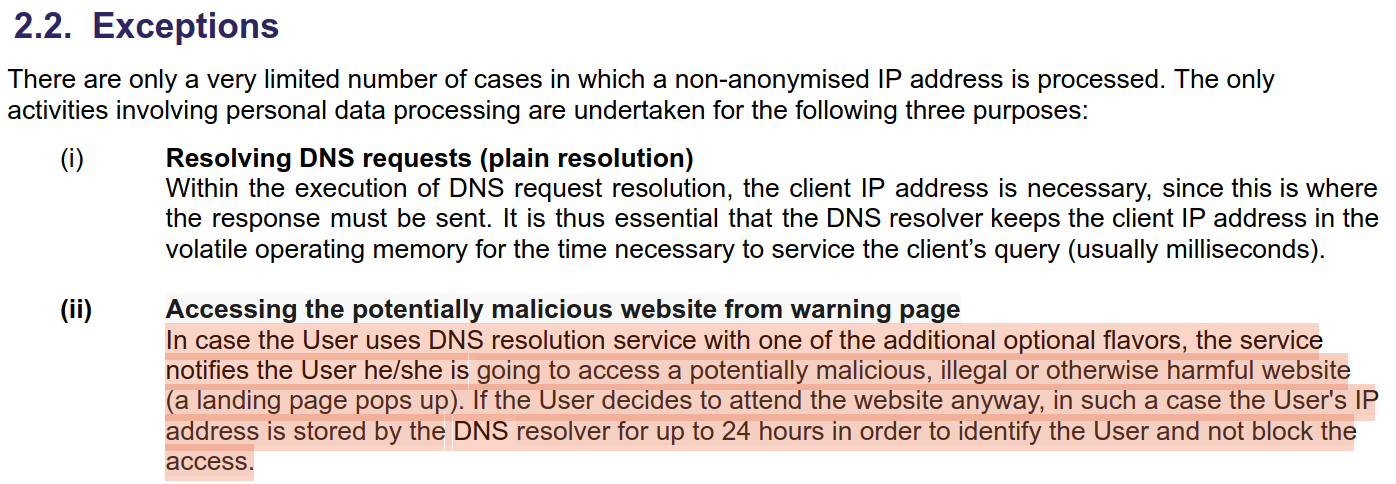'Meredith,' some guys ask, 'why won't you shove AI into Signal?'
Because we love privacy, and we love you, and this shit is predictable and unacceptable. Use Signal ❤️
Verfechter von Klima- und Artenschutz, Datenschutz, Demokratie und Freier Software | wissbegierig
Aktiv bei #ÖDP
| Profile picture source | https://climatejustice.social/@stefanmuelller/113890214500384569 |
| Languages | German, English |
| Warum Gendern? | https://zeitzeichen.net/node/10874?utm_source=browser |
| Born at | 355 ppm |
'Meredith,' some guys ask, 'why won't you shove AI into Signal?'
Because we love privacy, and we love you, and this shit is predictable and unacceptable. Use Signal ❤️
Verzweiflungsmedien
Wie prekär mittlerweile die Lage von Jans Spahn geworden sein muss, erkennt man übrigens auch daran, dass Springer Redaktionen wieder angefangen haben Habeck anzugreifen. …
Zum Weiterlesen den Link benutzen.
https://cartoons.guido-kuehn.de/verzweiflungsmedien/
#csu #habeck #korruption #masken #spahn #union
The brutal, daily bombing and murder of innocent civilians, in #Palestine and #Ukraine are signs of a collapsing rules-based world order.
It is not collapsing because of #Russia or #Israel, but because the west, who was supposed to uphold it, chose not to for the simple reason that it was inconvenient.
Today Ukrainians and Palestinians are suffering the consequences. Tomorrow it will be Europeans and Americans.
If you don't stop evil in it's infancy you might not be able to when it grows.
„Wir müssen alle Grenzen zu machen!“
„Ja genau, mauern wir uns ein, treiben Inzucht, sitzen nach Generationen wieder sabbernd auf den Bäumen. Egal, die Welt dreht sich dennoch weiter.“
*Manche sind einfach nicht ganz dicht im Oberstübchen bzw. gänzlich ausgelaufen.
@billyjoebowers An old joke:
Trump aide tells him excitedly about a dream she had of a big celebration for him. Huge crowds of people, all shouting and laughing, waving flags as Trump passed by. Trump asked the aide "How did my hair look, was it ok?" The aide responded "I couldn't see, it was a closed casket."
